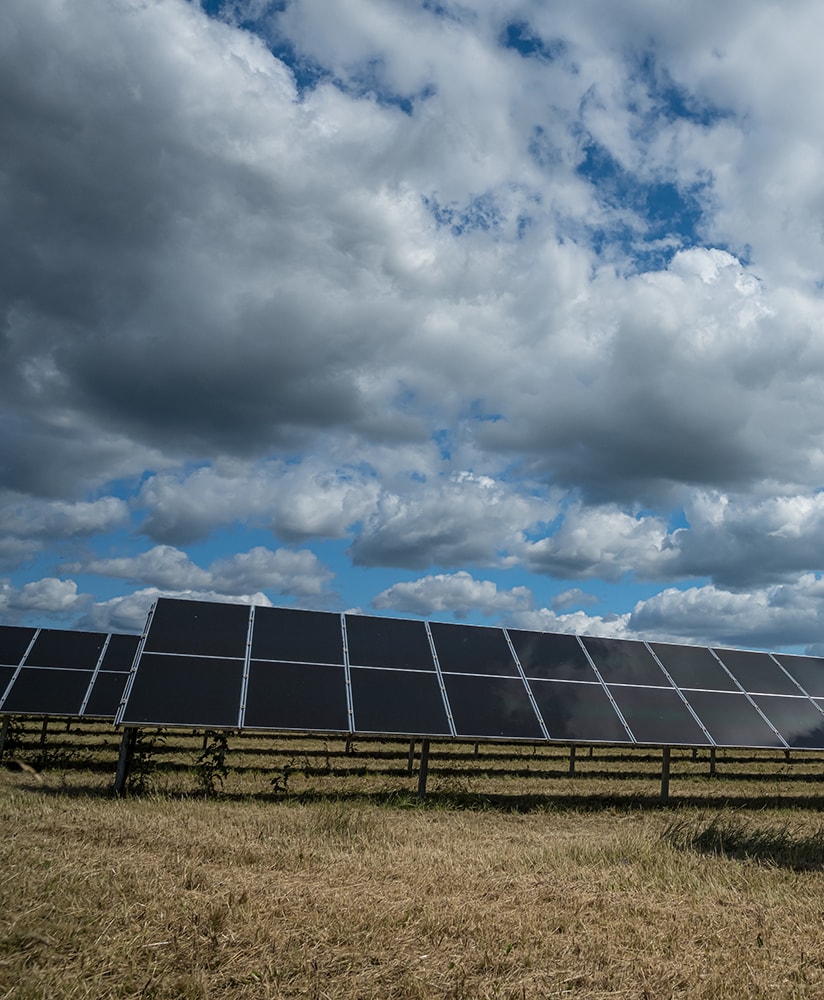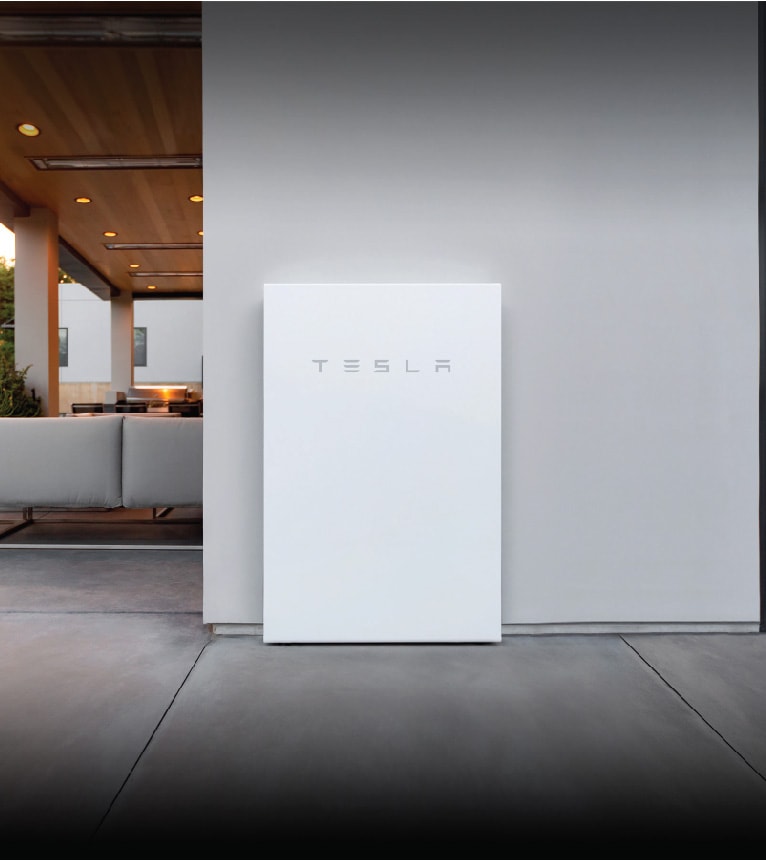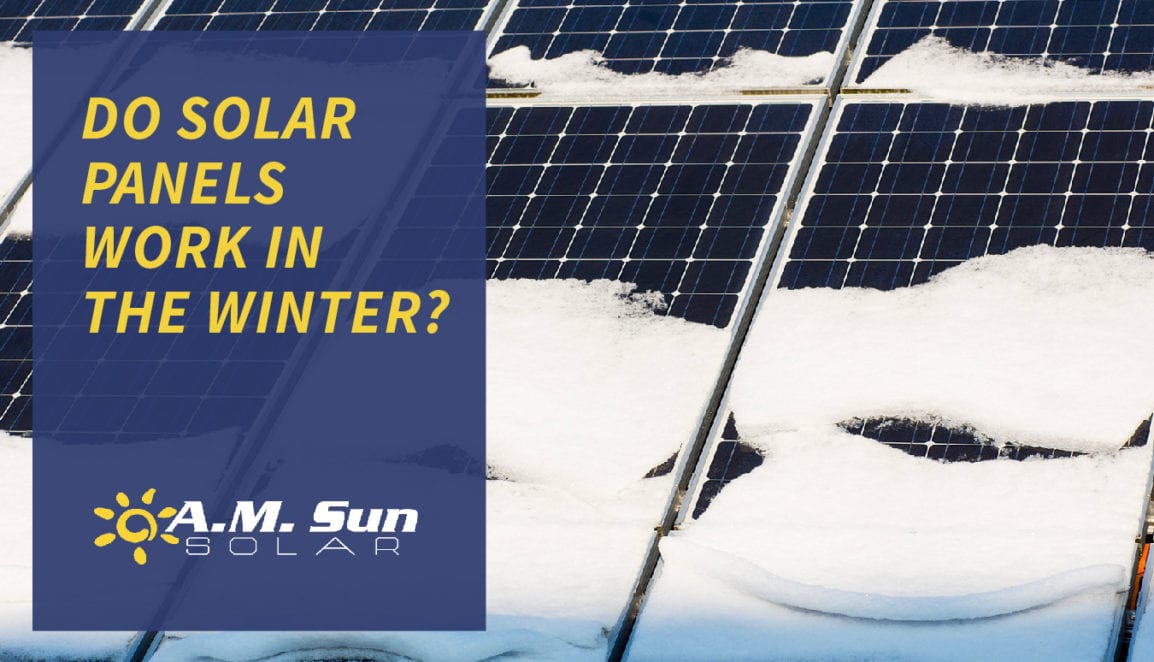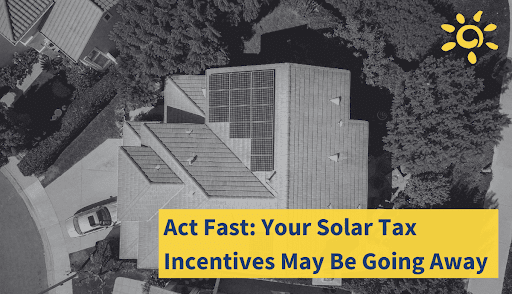When people hear the words “solar panels,” they tend to think of hot, sunny days at the peak of summer. But what happens to those energy-grabbing panels during colder months? Can they still power your home when it’s raining or snowing outside? Yes! Here’s a rundown of how winter weather can impact your solar panels and ways A.M. Sun Solar can optimize your system’s performance.
Solar Panels and Cold Weather

It turns out solar panels can function extremely well in cold temperatures because they absorb energy from the sun’s light, not the sun’s heat. As long as sunlight is hitting your panels, they will generate electricity.
Solar panels work best during clear days when the sun is shining directly down on your roof. They can still work on rainy and cloudy days, just not as efficiently. On these days, the panels absorb diffuse sunlight (light that is filtering through the cloud cover). The amount of energy produced all depends on how much light is getting through the clouds. Rain can be beneficial because it naturally washes away any dust or debris that has accumulated on your solar panels. Even a light dusting of snow won’t cause any significant disruptions because the sun’s rays can penetrate the flakes until the wind clears off the panels.
What impacts solar panels most during the winter is the shorter days. Less sunlight reduces the amount of time panels are working at full efficiency. However, the amount of sunlight available in most regions—especially the Central Coast—is more than enough to make getting solar a worthwhile investment. The important thing to remember is that your panels will be exposed to an ample amount of sun throughout the year.
The Benefits of Solar Battery Storage
Adding a solar battery to your system will help offset the less sunny days by storing energy and redistributing it as needed. The extra energy your solar panels produce will channel into your battery instead of feeding it back into the electricity grid.
In states with net metering, such as California, you will receive a credit on your utility bill for every kilowatt-hour (kWh) of solar energy that you send back to the grid. This means that homeowners living in areas with net metering will not see any significant changes in their savings. Batteries provide the most value when they are connected to the electric grid.

Ready to Go Solar?
Get your free solar proposal from A.M. Sun Solar!
Fill out the form below and our solar experts will help get you started.
We’ll create a customized solar solution that meets your needs.


